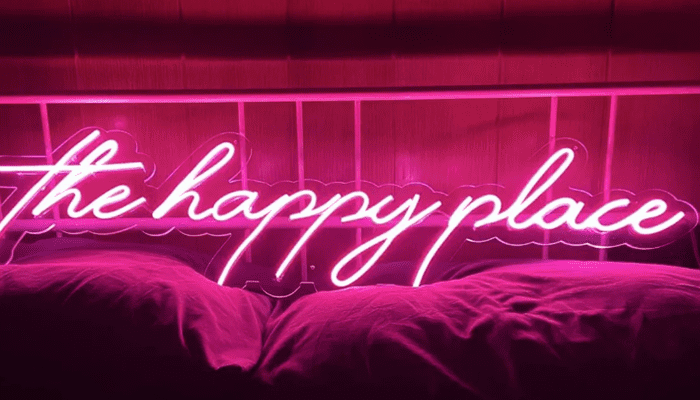
Tui Na is Chinese 여우알바 구직 therapeutic massage. TCM massage. Most call this massage Tui Na. National significance makes it a cultural relic. Qi-flowing exercises. Chinese medicine employs them. Many consider this essential for physical health and self-esteem. Acupressure, stretching, and deep tissue manipulation relax Chinese massage.
It addresses depression and other issues. These disorders affect the body and mind. Chinese massage and depression research seems encouraging.
Clinical depression affects everyone. Depression may strike anybody. Depression is continuous sadness, pessimism, and lack of interest in enjoyable activities. Sadness diminishes prior pleasures. Nausea and vomiting follow eating. Depression may include changes in eating and sleeping habits, hostility, problems focusing or making choices, and physical difficulties including aches and pains.
Depression may result from brain chemical imbalances, trauma, and hereditary predisposition. They may interact. Depression needs immediate medical intervention. Treat these symptoms promptly. Untreated depression may disrupt everyday living and cause serious health issues. Get assistance quickly.
Qi imbalance, according to TCM, causes depression. Symptoms vary. TCM meridians allow Qi to flow freely. Flow disturbances may create psychological and physiological concerns. Poor cardiovascular and hepatic qi may cause depression, according to some researchers. Acupuncture, massage, medicines, and nutrition cure depression in TCM. TCM supplements medical care.
Traditional Chinese medicine emphasizes meridian Qi circulation. Expect lower stress and emotions. Traditional Chinese medicine advocates massage to ease melancholy and balance energy. Traditional Chinese medical professionals say regular massage may prevent depression.
Traditional Chinese medicine employs Tui Na, or Chinese massage, to treat many physical and mental conditions. This therapy is Chinese. Many think that Qi circulation controls health and happiness. This improves treatment. Pressure from massage therapists may improve consumers’ Qi flow. Thus, relax easier.
By increasing blood flow, decreasing inflammation, and resetting hormones, frequent Chinese massage may lessen depressive symptoms. Chinese massage may aid depressed people.

Research suggests Chinese massage may help depressed individuals. These studies examined treatment effectiveness. A meta-analysis of controlled data suggests Chinese massage reduces depressed symptoms. Chinese massage statistically enhanced happiness, anxiety, and sleep. Western acupuncture and traditional Chinese massage improved depressive symptoms in another trial.
These data suggest that Chinese massage treatment may help non-medicated sad people. This therapy needs more study.
Tui Na—a Westernized Chinese massage—may heal severe depression, according to research. Depressive symptoms and quality of life improve. It calms. Acupoint stimulation in traditional Chinese massage may increase serotonin and dopamine levels. Pressure points are body-specific. These hormones calm emotions.
Antidepressants enhance sleep. Chinese massage boosts blood flow, immunity, and relaxation, boosting mental wellness. Chinese massage may improve joint mobility, according to research. Chinese massage may relieve depression.
Preparation improves Chinese massage. Next matters. Arrive early to finish paperwork and settle in. We’ll reschedule. Wear loose, comfortable garments the masseuse may modify or remove. Clothing must be loose. Before treatment, share your problems. Discuss before your session. Health and drugs.
Avoid heavy meals and beverages before your massage. Stomach troubles. These factors may prevent relaxation and therapy.
Chinese massage to treat depression may include triggering pressure points in various ways. So prepare. Pressure points are everywhere. A little massage may help you relax. They’ll press depression-fighting acupressure spots. Heart, kidneys, spleen. Therapists may use gua sha or cupping. Medical devices scrape and suction skin. Both treat stiff muscles and circulation.
Herbal and essential oils may reduce stress and promote health throughout the session. It’s possible.
Chinese massage may reduce depression. Data shows this alternative depression treatment may lower anxiety and tension. Chinese massage, like traditional Chinese medicine, prioritizes health above symptoms. This underpins Chinese massage. Chinese massage evolved from holistic healing.
Traditional Chinese medicine practitioners relax stiff muscles and improve blood flow to improve patients’ health. Despite the need for further study, Chinese massage therapy may be an effective depression adjuvant.
